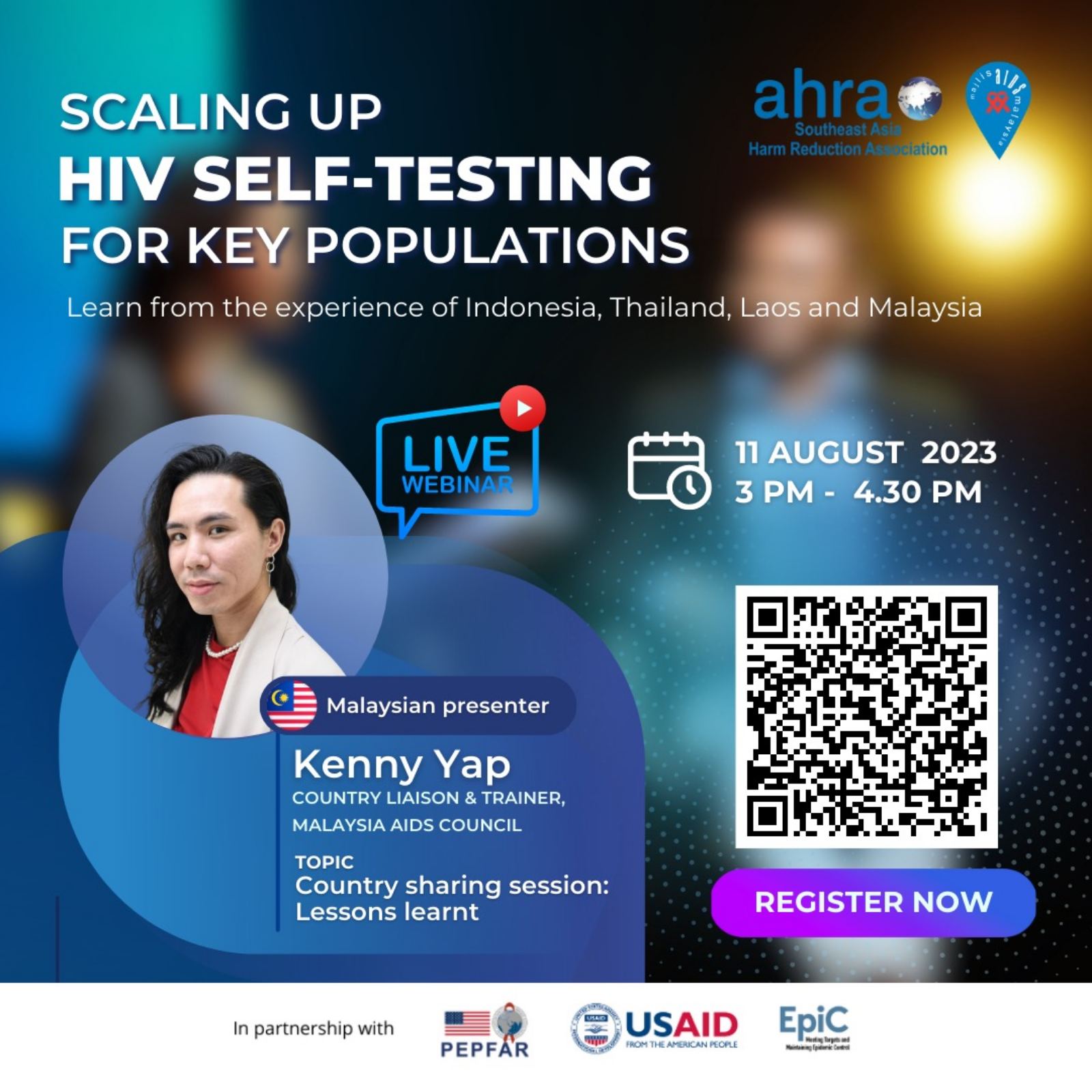The Southeast Asia Harm Reduction Association (AHRA) plays a crucial role in advancing Harm Reduction Policy Advocacy in the Southeast Asia region. One of its primary objectives is to accelerate policy change by advocating for a comprehensive roadmap to strengthen national health strategies and disease control plans, particularly National Strategic Plans (NSPs).
AHRA actively works to include the voices of community-level harm reduction organizations and individuals, with a special focus on women who use or inject drugs, in the development and implementation of national NSPs and donor funding consultation processes. This inclusive approach ensures that the perspectives and needs of the affected communities are taken into account and integrated into policy discussions and decision-making processes.
By effectively including the voices of community-level organizations and affected individuals, the AHRA aims to strengthen community responses and systems. This involves advocating for policy changes that prioritize harm reduction measures, access to comprehensive services, and the protection of human rights for people who use drugs.
Through its Harm Reduction Policy Advocacy efforts, AHRA seeks to create an enabling environment for harm reduction initiatives and support the scaling up of evidence-based interventions. By collaborating with national stakeholders, policymakers, and donors, AHRA works towards the integration of harm reduction principles into national health strategies, disease control plans, and NSPs.
Overall, AHRA’s commitment to complementary Harm Reduction Policy Advocacy is driven by its goal to promote policy change, empower communities, and improve the health and well-being of people who use drugs in the Southeast Asia region.

